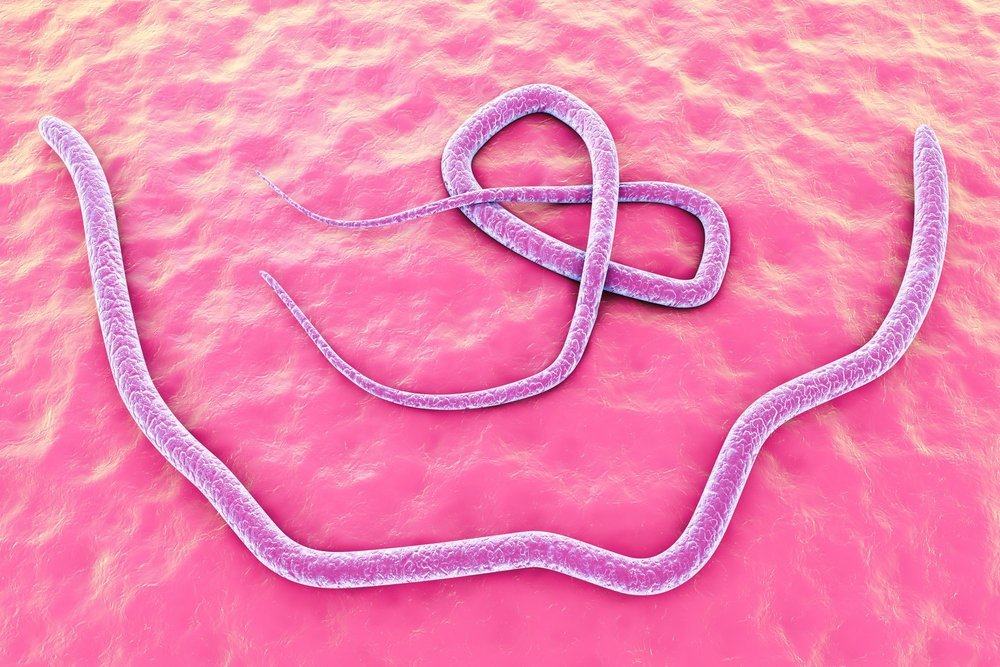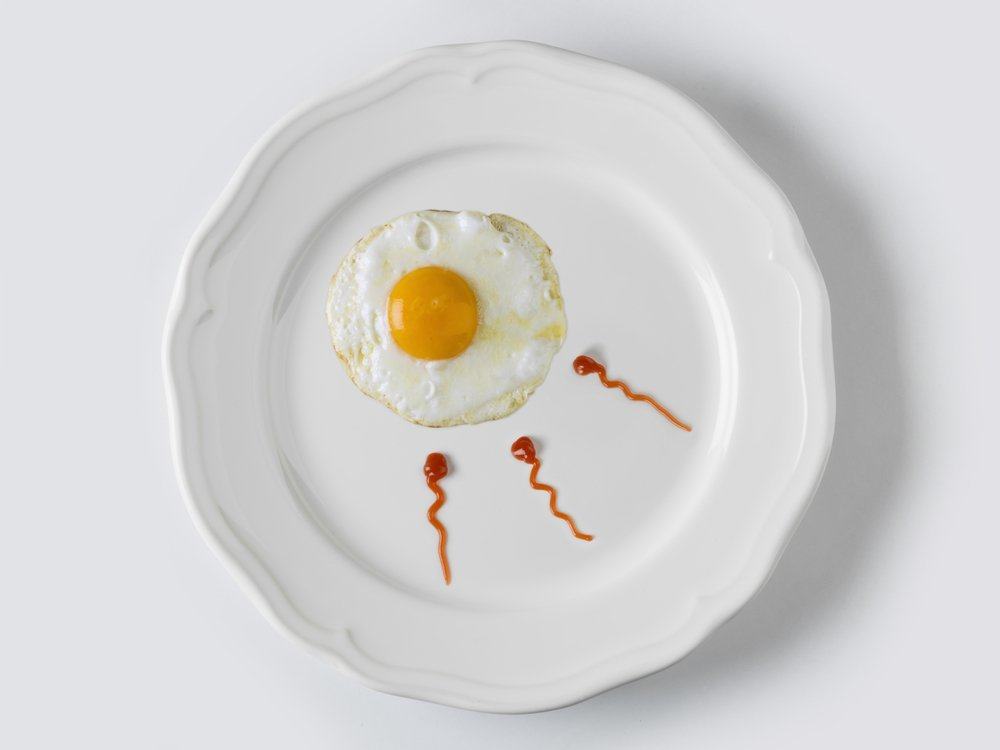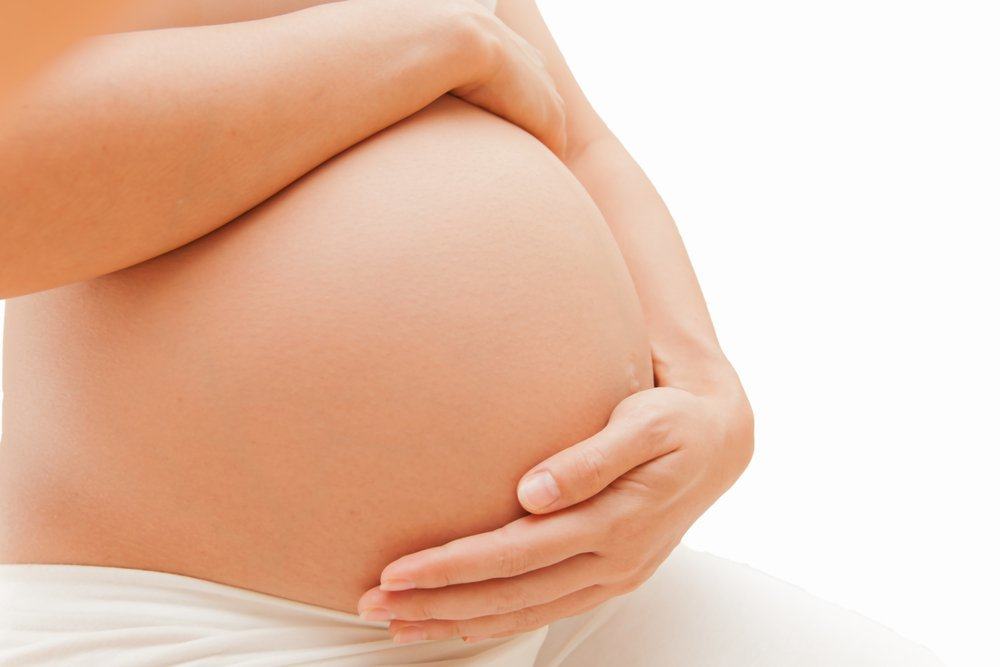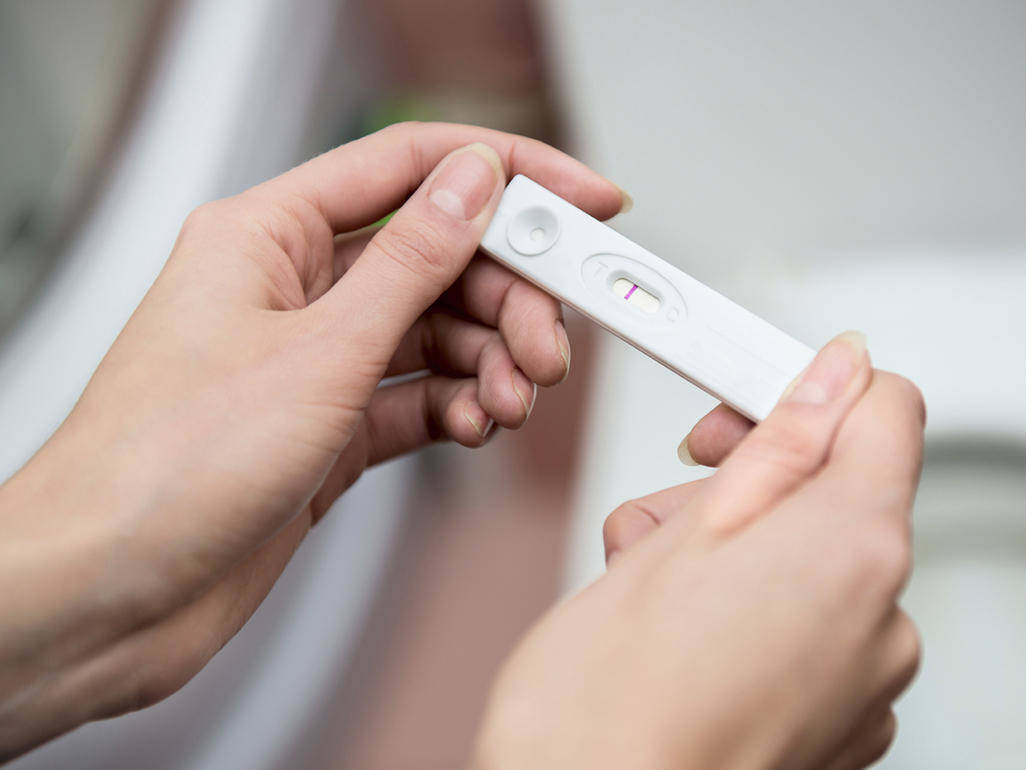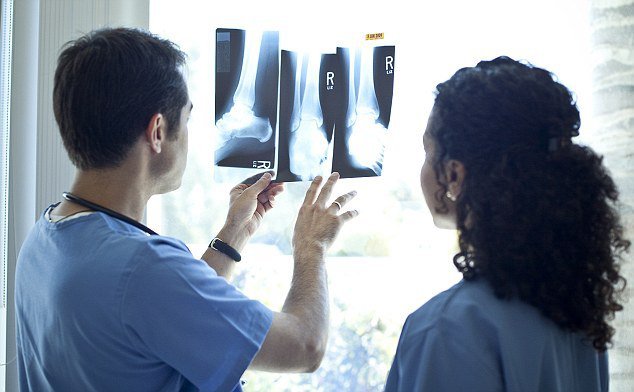Contents:
Medical Video: Anemia - Causes, Symptoms, Treatments & More…
Fatigue and weakness may be the clearest indication that you may be deficient in iron.
The problem is that it is difficult to know whether low iron levels make you feel this way, or is this just normal fatigue experienced by new mothers and new care? You may also be weak because of it baby blues, or many challenges in caring for a newborn child.
It may be easier to find other iron deficiency symptoms, such as a fast or irregular heartbeat, or not being able to breathe. You may also look paler than usual.
Other symptoms that appear less frequently when iron deficiency are:
- Want to eat unusual food like crispy vegetables
- Food taste changes
- Ringing ears (tinnitus)
- The tongue hurts
- Headache
- Itchy
If the iron level is low, you may also be more susceptible to infections, such as cough and flu.
The body needs iron to produce hemoglobin, which stores and carries oxygen in red blood cells. Eating iron-rich foods will help the body do it. There are two kinds of iron-rich foods:
- Red meat, fish, and chicken contain iron hem, which can be used easily by the body
- Grains, dried fruit, cereals, and green vegetables contain non-hem iron, which is harder for the body to absorb
Vitamin C helps the body absorb non-hem iron in food. Drinking orange juice or eating foods rich in vitamin C and vegetables such as broccoli, paprika, or kiwi fruit at mealtime will help.
Spinach is actually not a good source of iron because it contains oxalate, which makes it difficult to absorb iron. Other green vegetables such as cabbage, broadleaf beets, watercress, and broccoli are better.
Avoid drinking tea and coffee while eating because they contain polyphenols, which make it difficult to absorb iron from food. Antacid drugs that relieve heartburn also prevent the body from absorbing iron from the food you eat.
If you are breastfeeding, you may take vitamin supplements containing iron. Take good care of yourself, and try to rest during the day, when the baby is sleeping.
If you suspect that you are deficient in iron, tell your doctor about this problem. Low iron levels can affect mood and bond with babies. You may be irritable and sensitive, and become more vulnerable to postpartum depression. Fatigue can also make it harder for you to breastfeed.
You may not have a blood test after giving birth if you have not had a caesarean section, lost a lot of blood during childbirth, or experience other problems, such as dizziness. So, tell your doctor, midwife, or nurse if you think you are deficient in iron, so they can do a blood test.
If you are diagnosed with anemia due to iron deficiency after giving birth, you will be given an iron tablet to eliminate the problem.




